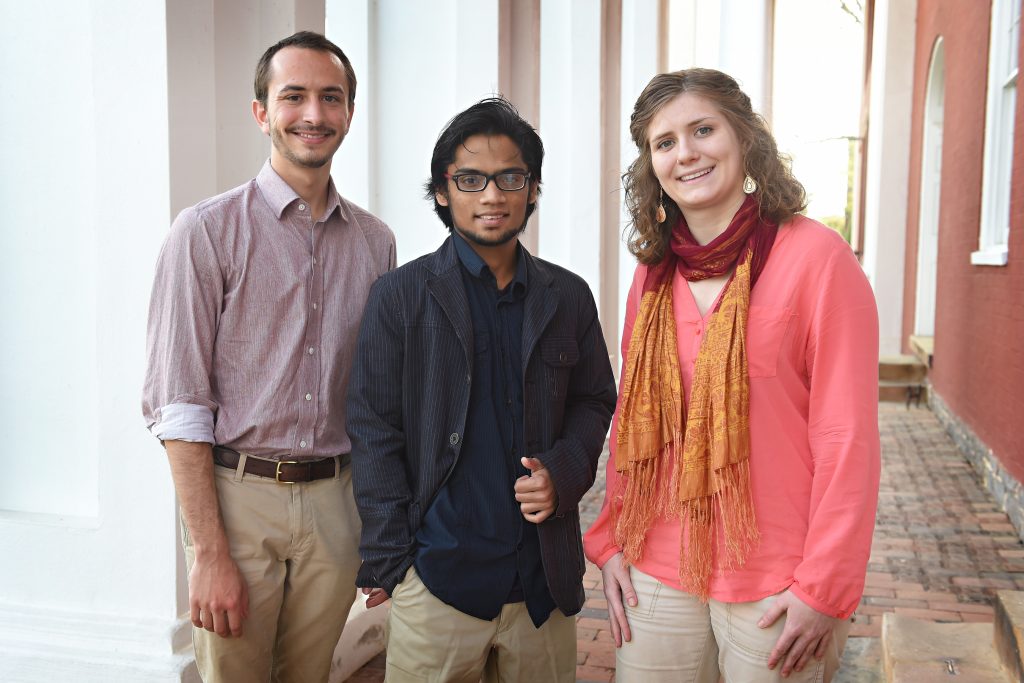Home
About Us
Law & Social Sciences Program
by: Michael SaundersThe National Science Foundation, more commonly known as NSF, is a United States government agency that primarily supports fundamental research and education in all the non-medical related fields of science and engineering.
|
|
The efforts of the National Science Foundation are geared towards realizing their mission, which is to "To promote the progress of science; to advance the national health, prosperity, and welfare; and to secure the national defense."
In line with this mission, the NSF has constituted the Law & Social Sciences Program wherein it aims to solicit proposals that will address social scientific studies of law and law-like systems of rules.
The Law & Social Sciences Program will be naturally interdisciplinary and multi-methodological. The guidelines of the program necessitates that in order for a proposal to be successful, it should first contain research ideas that will advance scientific theory and the perception of the linkages between the human behavior and laws or legal processes.
To do this, the proposal will need a dynamic approach which will simultaneously accommodate multiple fields of studies, such as:
1. Crime, Violence and Punishment
2. Economic Issues
3. Governance
4. Legal Decision-making
5. Legal Mobilization and Conceptions of Justice
6. Litigation and the Legal Profession
(continued...)
Law & Social Sciences Program
Page 2
About The Author
Michael Saunders is an editor of TopGovernmentGrants.com one the the most comprehensive Websites offering information on government grants and federal government programs. He also maintains Websites providing resources on environmental grants and grants for youth programs. |
Additional Resources
category - Applying for a Grant
What You Need to Know About the Grants Policy Committee
National Science Foundation announces the Cyberlearning: Transforming Education Program
Democracy, Human Rights, Rule of Law, and Freedom of Expression and the Press for Europe and Eurasia
Economic Studies Ancillary to Completed or Ongoing Health Care Delivery and Financing Pilots, Demonstrations, and Other Experiments
Follow @topgovtgrant
Social Entrepreneurship
Spotlight
Williams School: First-Ever Social Entrepreneurship Summit

The Williams School’s J. Lawrence Connolly Center for Entrepreneurship held its first-ever Social Entrepreneurship Summit on May 2. Business administration professor Drew Hess and his wife, Megan, also a business professor at the Williams School, arranged to gather a dozen student leaders to dinner. They wanted to search for ways the campus and the Williams School could support social entrepreneurship.
